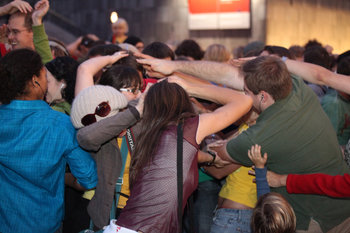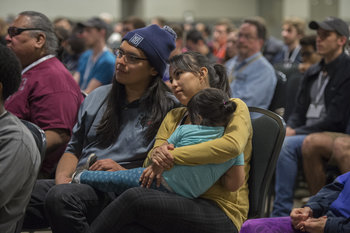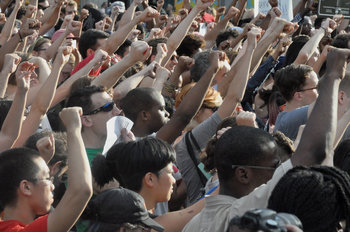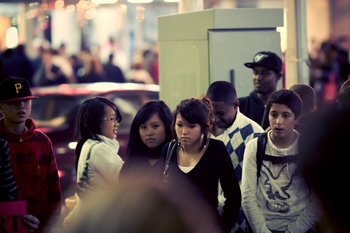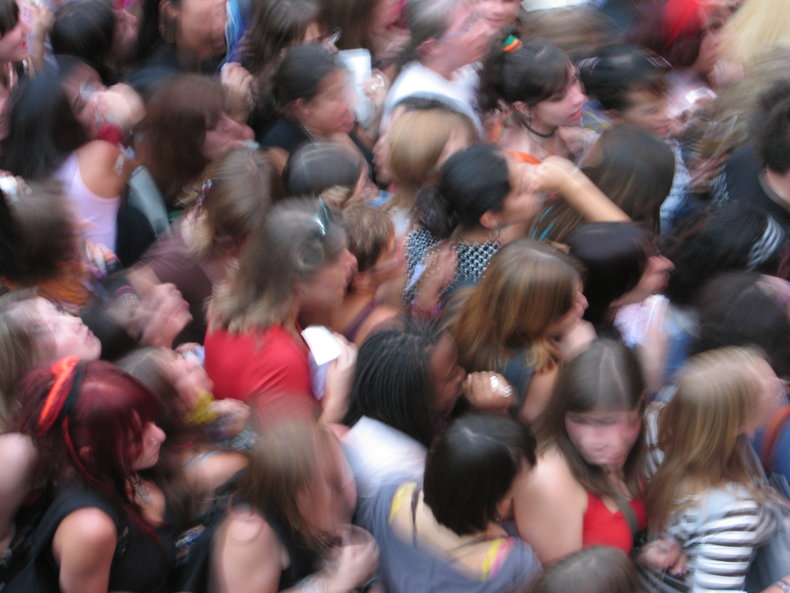
Political Stability
Societies that assign authority and make decisions in a reasonable way free of disruptions and conflict.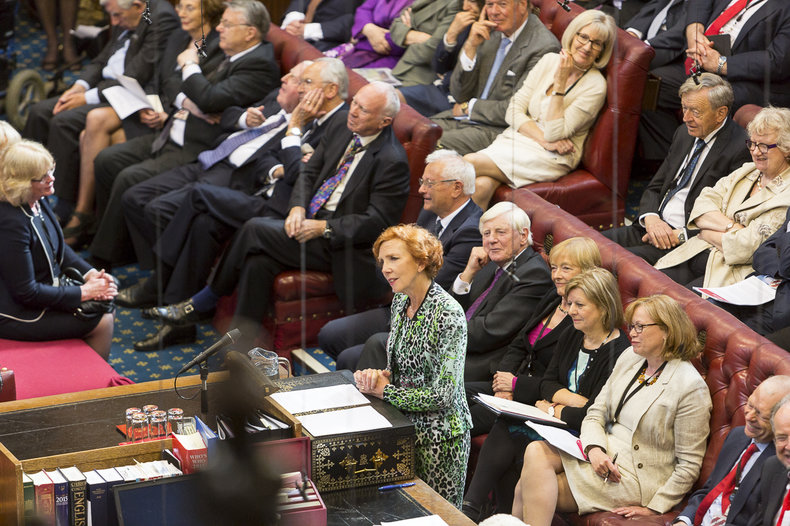
Civility
Civility is the practice of resolving differences in a manner prescribed by society as opposed to creating conflict. This can include methods of generating creative tension such as peaceful protest.
Public Services
Government provided services such as healthcare and education. From an economics perspective, public services create human capital by ensuring populations are healthy, educated and productive. From a social perspective, public services help individuals and families to live a stable life free of need or excessive debt.
Infrastructure
Efficient and robust soft infrastructure such as universities and hard infrastructure such as canals are a basis for economic, political and social stability.
Justice Systems
Laws, enforcement of laws and services that enhance public safety. This assumes that laws and enforcement are widely perceived as fair. Enforcement of repression can be destabilizing.
Economic Stability
Productive and efficient economy systems such as free markets are the basis of all social stability as they provide the material means to escape the instability of poverty. Economies often demonstrate a cyclical pattern of boom and bust that can be made more stable with instruments such as interest rates, bank liquidity and government spending. For example, in an economic boom a government can increase interest rates and reduce borrowing to banks to discourage things like asset price speculation that can contribute to economic instability.
Religion, Culture & Tradition
Beliefs, values, practices and traditions that are passed from one generation to the next.
Social Change
Societies and cultures change with time due to factors such as new ideas, technology and demographics. In practice, this doesn't cause instability where the institutions of society flex with this change. A society that tries to repress a change that has already occurred may face significant instability.
Quality of Life
The more people who feel they have a high quality of life in a society, the more people who have incentive to maintain the stability of that system. Generally speaking, societies with the highest quality of life are also the most stable societies.
Peace & Diplomacy
War is vicious instability that can have broad global impacts. As such, institutions and strategies such as diplomacy that sustain peace are basic elements of stability. Generally speaking, societies that are vastly interconnected are less likely to be lead into serious conflict.
Resilience
Resilience is the capacity for a society, social group or individual to endure stress in a positive way. For example, a city with sufficient water infrastructure that is resilient to flooding. This also implies that a society not conduct itself in a self-destructive way such as producing excessive economic bads.
Summary
Social stability is the capacity of a society to endure change and stress without becoming disorderly and inefficient.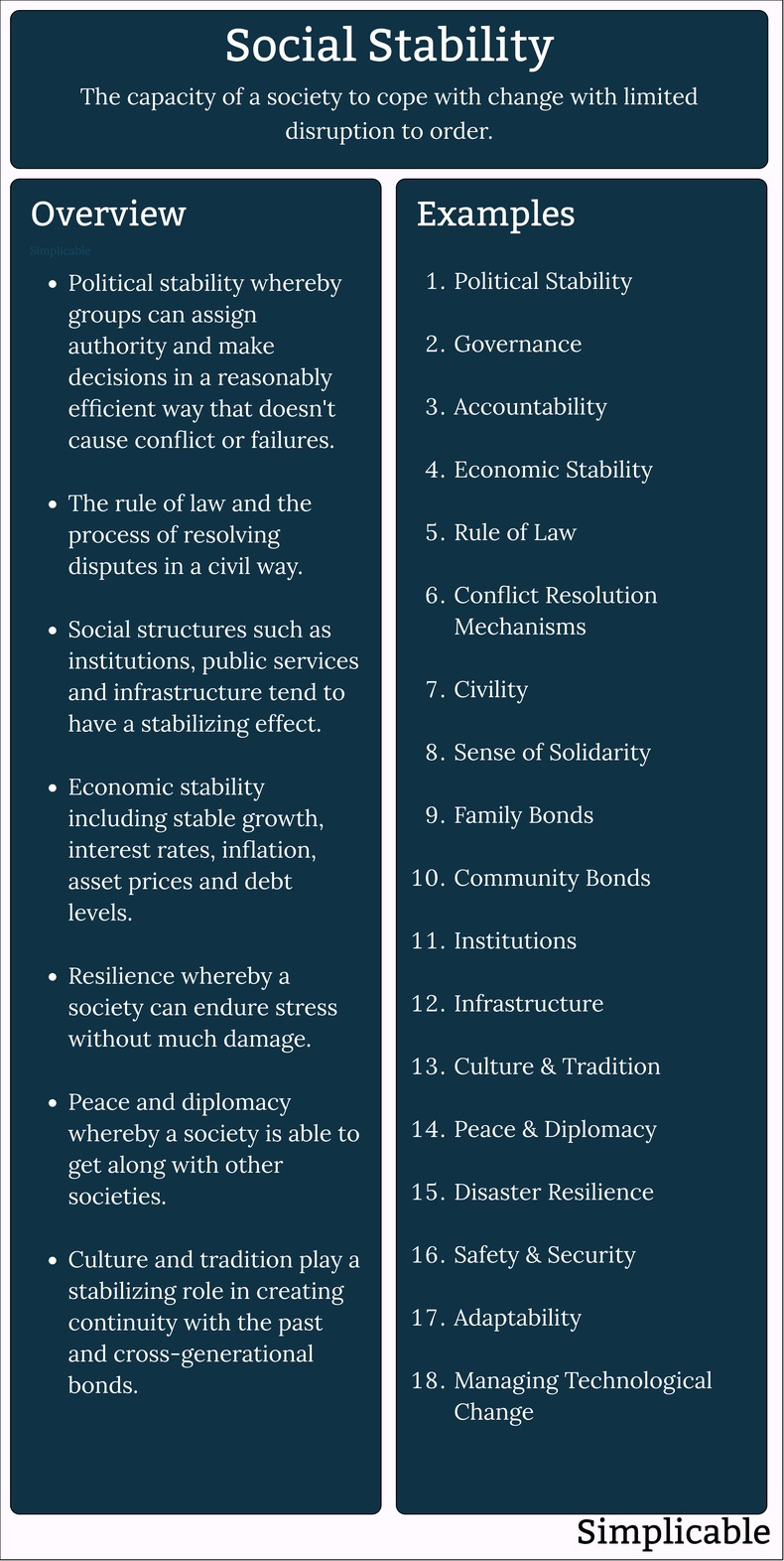
| Overview: Social Stability | ||
Type | ||
Definition | The degree to which a society and its institutions remain predictable and reliable. | |
Related Concepts | ||




















